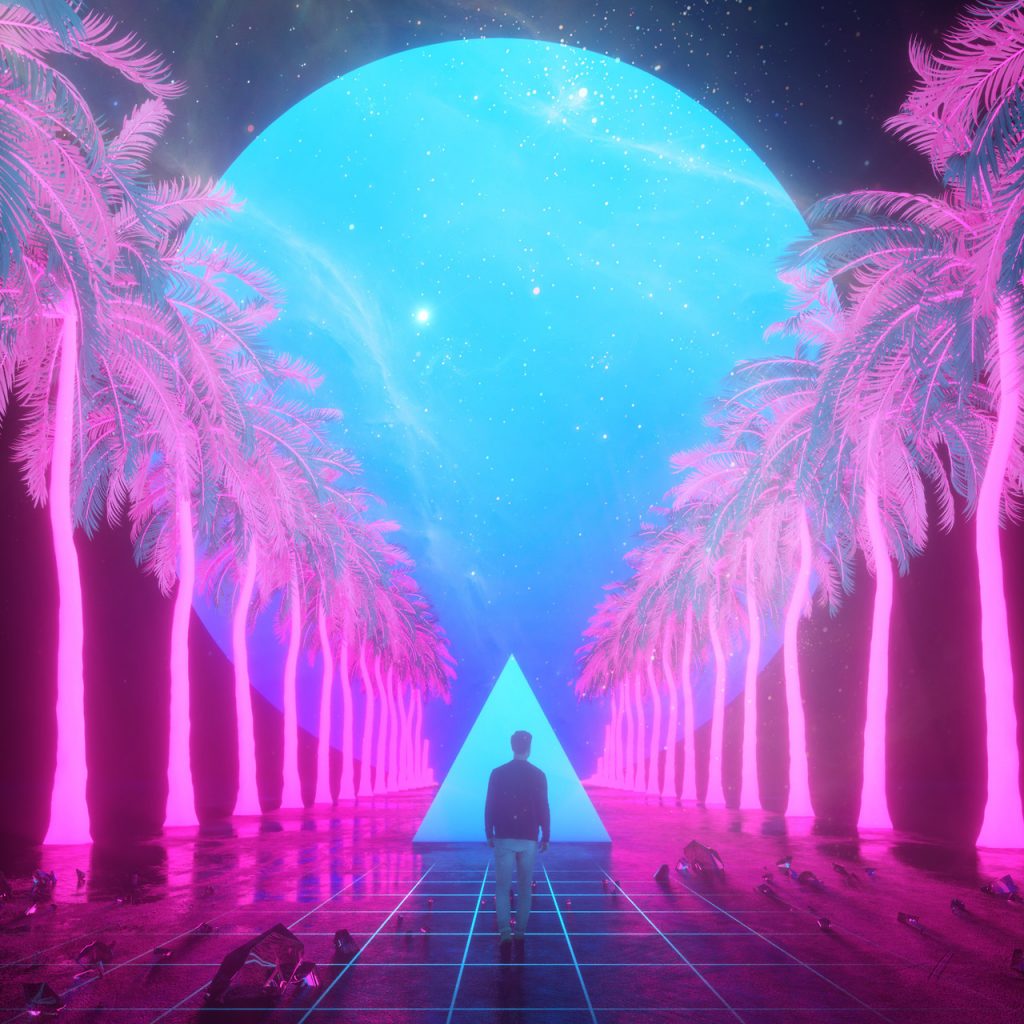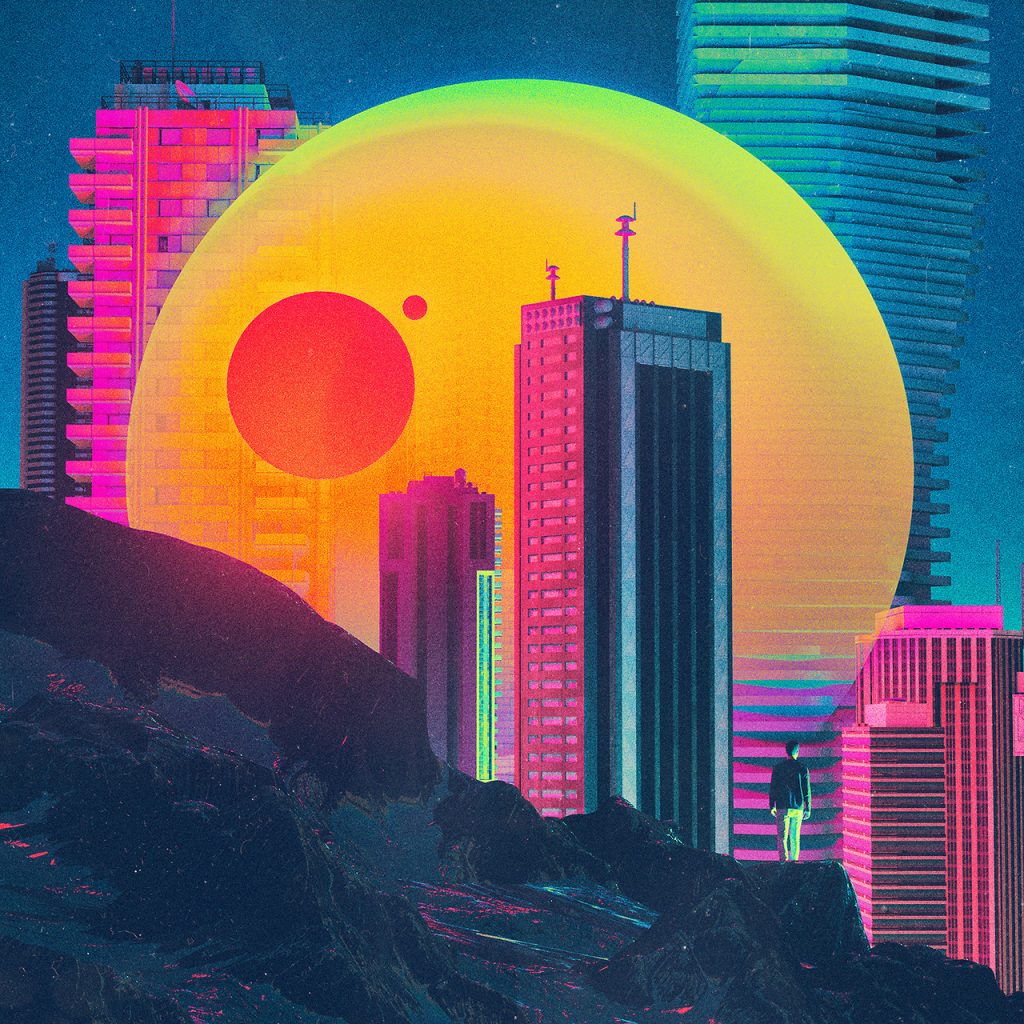Art and the Every Day with Mike Winkelmann (AKA beeple)
Open CultureBeeple, AKA Mike Winkelmann, is a graphic designer, artist, and videographer whose popular video art and design work has largely been released free under CC. Every day for the past 10 years, Winkelmann has released a drawing online through his series of “Everydays,” which is now a personal archive of over 3000 CGI drawings and animations. His output is prolific in other genre as well – his hundreds of CC VJ loops are sought after by electronic musicians and artists looking for mashups.
Winkelmann’s short films have screened at a variety of festivals, and his Creative Commons illustrations and drawings have been used by artists such as Skrillex, Amon Tobin and Taïsto. He currently releases his work on Flying Lotus’s Brainfeeder label.
Discover more of Winkelmann’s work at Beeple-Crap, Instagram, Tumblr, and Vimeo.
You’re a successful artist in a variety of genre on a popular label, yet you consistently release free VJ loops and other material under CC. How do you balance the two modes of creating? Why do you release your work into the commons? Why did you start using CC to begin with?
I think creating stuff and giving it away for free is something that just comes naturally to me for some reason. If there is something that I’ve worked really hard on, I want as many people to see it as possible so giving it away is the easiest way to facilitate that.
Of course, just like everyone else, I have a family and bills to pay and so I can totally understand wanting to charge money for personal work. For me though I’ve tried to draw a line between the freelance stuff that I do and purely personal work that allows me to still release things for free.
One of the arguments that skeptics sometimes deploy when talking about Creative Commons is, “Why would someone pay for this when they can get it for free?” How would you counter that assumption? What leads you to continue to use CC? How do you balance between free/attribution models and paid models as an independent artist?
I think the topic of art valuation is a very interesting subject. I think in some ways it comes down to issues of supply and demand, but is also further complicated with digital assets that can be copied at no cost. I honestly don’t think there are really any ‘right’ answers but personally I feel that there is room for both sides. While it is obviously true that most people will not pay for something that they can get for free, there exists a large amount of counter points to that argument on sites like Patreon where people give money free to people whose work they enjoy. I think sometimes people concentrate a little too much on trying to come up with some great business model when they should be focusing a bit more on their craft.
In terms of my own work, I don’t really have a paid model for the digital assets I create. All of the paid work I do is custom (freelance) work. At the moment I like having things be a but more cut and dry like that.

“Miami” From Everydays by Mike Winkelmann, CC BY
You’re on your 11th round of “Everydays,” in which you complete an art project every day, resulting in over 3500 pieces of original art. What’s the impetus for this project? How has it changed in 11 years? What have you learned, and what would you do differently?
I completed 10 years of everydays in May of last year without missing a day. The main goal of this project was to get better at art. When I first started out, it was to get better at drawing. After the first year of drawing I saw a huge improvement (while I was much better, I definitely still sucked) but saw this as a powerful tool to learn new techniques and continually improve.
Honestly I don’t think much has changed in 10 years. While I’ve seen a ton of improvements and benefits from the project, my skill set is really not even close to where I’d like it to be. I have so many different areas I’d love to focus more attention on so I don’t see stop anytime soon.

“Viceland” from Everydays by Mike Winkelmann, CC BY
How has the rise of more visual, viral social media like Instagram and Facebook changed your work? How have you utilized other platforms as you’ve evolved as an independent artist?
These platforms have been great for helping me reach an audience especially given the format of work that I do. Putting out a picture a day or short little VJ clips, these are very small, easily digestible pieces that are perfectly suited for these platforms so I feel like I’m pretty lucky to be making work that is a natural fit for these mediums. I feel like being adept at utilizing these platforms and understanding the nuances of the audiences with each is pretty key to gaining a following today. On the flip side, I also think it’s something that you can get ‘too’ involved with and can be a bit of time hog. So I think you need to sort of find a balance between maintaining a presence on these platforms but not having it overtake your time.
What projects are you working on now that you’re most excited about? What kinds of projects are your favorite to work on?
Lately I have been doing some VR and AR work that has been really exciting. These are obviously very new formats that don’t have a lot of set rules so people are sort of discovering these things as they go along. I am also continuing everydays, VJ clips and working a short film. So working across a pretty wide range of medium which in itself has been a lot of fun since I get bored pretty easily doing the same things.
Posted 18 January 2018